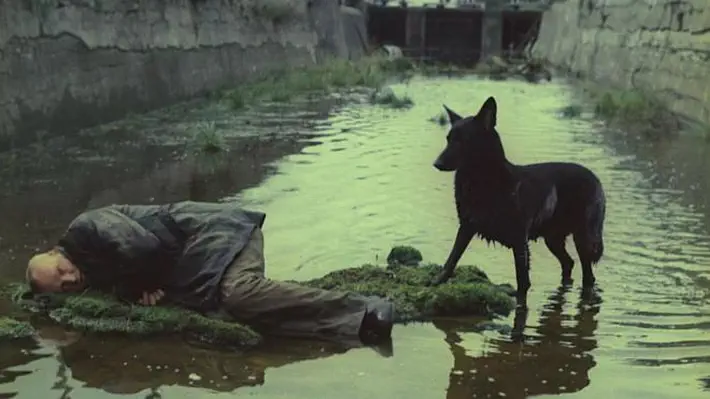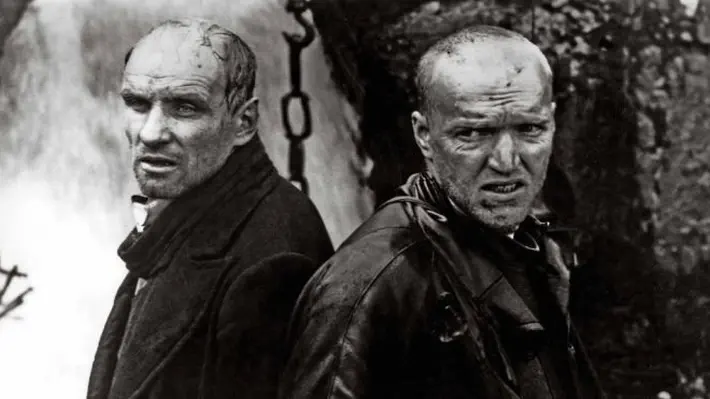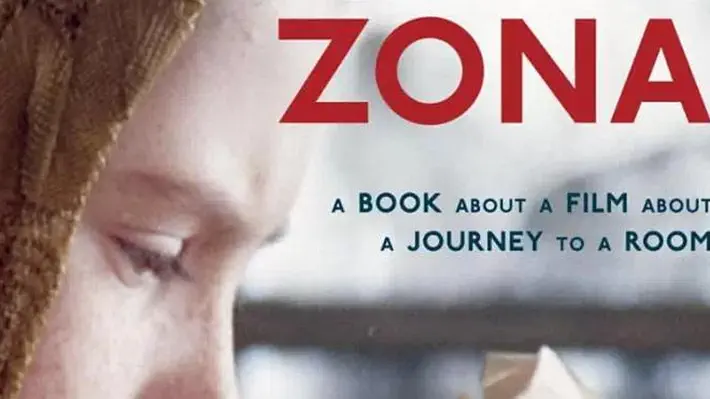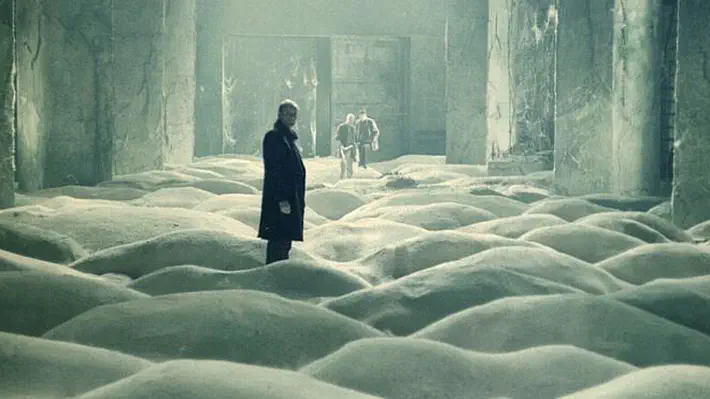The World Shown
It’s not—as Stalker claimed—that all the world’s a prison; it’s just that a lot of what’s being shown on the world’s screens—televisions, cinemas, computers—is fit only for morons. Which is another reason why, in the long years since I first saw Stalker, I am as badly in need of the Zone and its wonders as any of the three men on the trolley as they sit there and the blurry landscape clangs past. The Zone is a place of uncompromised and unblemished value. It is one of the few territories left—possibly the only one—where the rights to Top Gear have not been sold: a place of refuge and sanctuary. A sanctuary, also, from cliché. That’s another of Tarkovsky’s virtues: an absolute freedom from cliché in a medium where clichés are not only tolerated but, in the form of unquestioning adherence to convention, expected. Geoff Dyer, ZONA. YouTube
YouTubeStalker trailer for the 2017 restoration
First time I watched Stalker was on VHS (a double tape feature) in a 14 tube TV. So I guess it was a bit blurry.
 IMDb
IMDbStalker (1979)
“I believe many of you here haven't watched Stalker? Or at least haven't watched it more than 20 times, like I have”. Dzongsar Jamyang Khyentse Rinpoche - in Moscow, 2009. // Directed by Andrei Tarkovsky. With Alisa Freyndlikh, Aleksandr Kaydanovskiy, Anatoliy Solonitsyn, Nikolay Grinko. A guide leads two men through an area known as the Zone to find a room that grants wishes.







